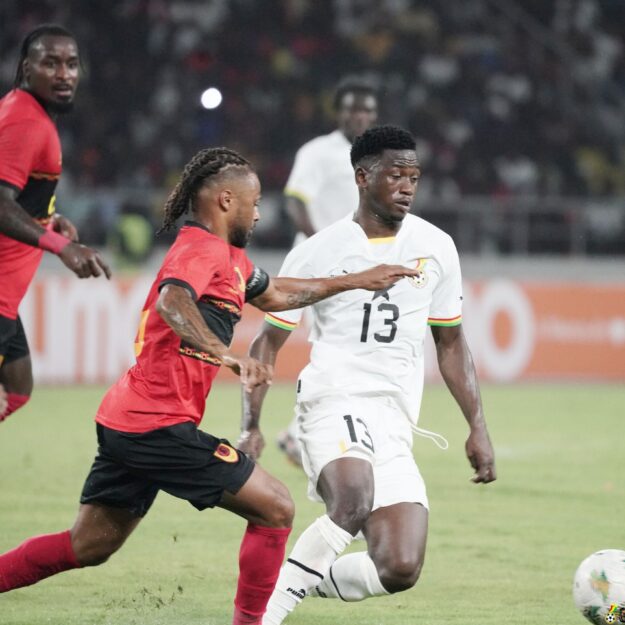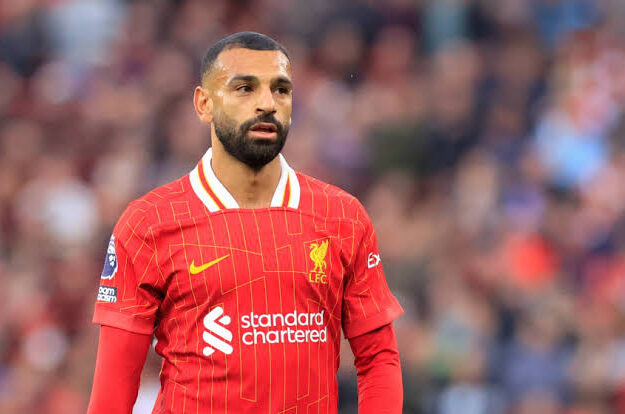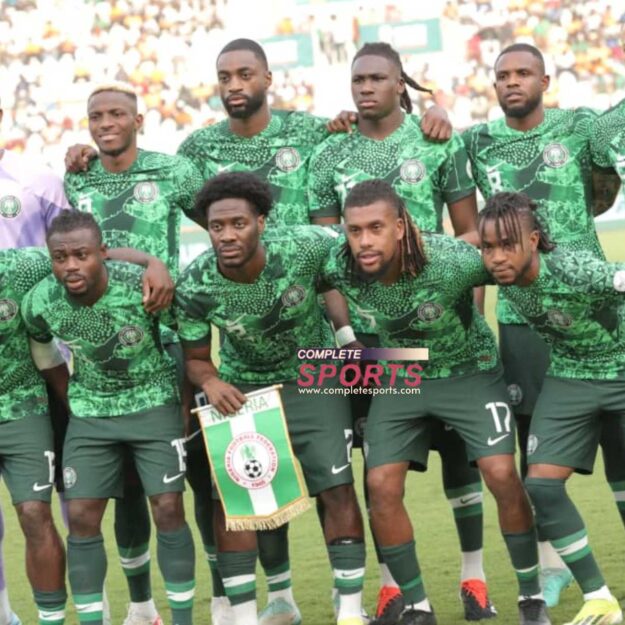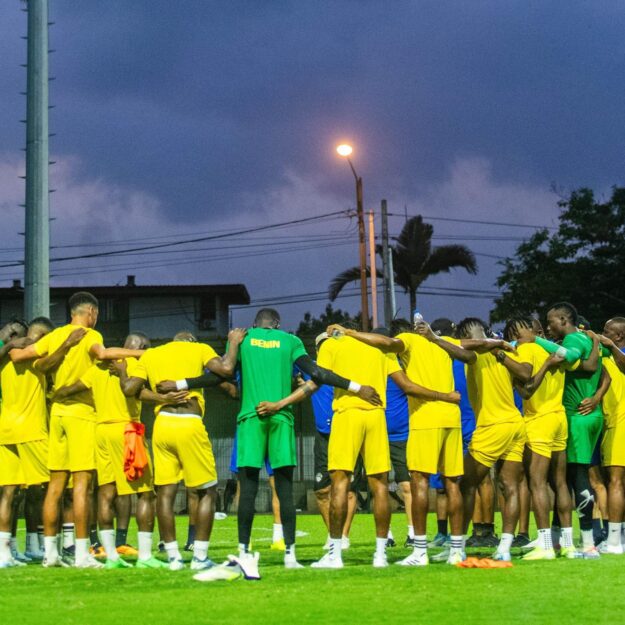
The United Kingdom remains Nigeria’s biggest source of foreign investment, alongside the U.S and South Africa as foreign investors from fifty-two countries across the globe shipped $14.30 billion worth of investment inflows into Nigeria in half-year 2019 (January – June).
The breakdown shows that Portfolio investment remains Nigeria’s biggest foreign investment inflows with 80% ($11.43 billion) of total capital importation. Other investments accounted for 17% or $2.4 billion, while Foreign Direct Investment (FDI) investments are the least with $466.25 million or 3%.
The U.K shipped in $7.65 billion: According to the Bureau’s Capital Importation Report, investors from the U.K brought in $7.65 billion worth of investment, which represents 54% of total foreign investment inflows.
A further look shows that the top three sources of capital importation (half-year 2019) in Nigeria include U.K ($7.6 billion), U.S ($2.7 billion) and South Africa ($1.07 billion).
The three countries accounted for 79.8% of Nigeria’s total foreign investments in half-year 2019.
Meanwhile, the top 10 leading countries with the biggest foreign investments in Nigeria include the United Arab Emirates, South Africa, Belgium, Mauritius, Switzerland, Netherlands, Singapore, Luxembourg and Zambia.
Reducing capital importation translates to low investment and this may lower the country’s external reserves. Nigeria’s external reserves have been on a free fall in the past few months and recently hover around $43 billion for the first time. Although the Central Bank attributed the fall in reserves to increased foreign exchange market interventions and public sector payments, this may partly be traceable to the decline in Capital Importation in Q2 2019.
On the sideline, the recent development on the xenophobic attack presents spiral challenges, with the most recent being a statement credited to the Chairman of Nigeria’s ruling party, Adams Oshiomole, calling for nationalisation of South African businesses.
He claimed Nigerian ownerships in these companies are small compared to South African ownership and as such, the government should threaten to nationalise the foreign ownership.
Following the Bureau’s capital importation data, South Africa stands as the third-biggest origin for Nigeria’s foreign investment and analysts view the statement by Oshiomole as an irresponsible partisan view from a party stalwart.
While the Xenophobic crises linger, it remains unknown if Nigeria will be willing to sacrifice a $1 billion dollar foreign investment from South Africa.
You may be interested

Orban’s Lyon Face Provisional Relegation To Ligue 2 Amid Financial Woes
Webby - November 15, 2024Olympique Lyon the club of Nigerian striker Gift Orban, have been handed a provisional Ligue 1 relegation by theDNCG who…

Ghana Miss Out On AFCON 2025 Qualification After Draw With Angola
Webby - November 15, 2024Black Stars of Ghana’s hopes of qualifying for next year’s AFCON was ended after they played a 1-1 draw away…

‘It Was A Fair Result’ — Troost-Ekong Reacts To Super Eagles Stalemate Vs Benin Republic
Webby - November 15, 2024Super Eagles captain William Troost-Ekong claimed the Super Eagles deserved a point from their 2025 Africa Cup of Nations qualifying…

















![American Pastor, David Wilson Seen Eating The Box Of Woman Who Isn’t His Wife [Video]](https://onlinenigeria.com/wp-content/uploads/2019/10/american-pastor-david-wilson-seen-eating-the-box-of-woman-who-isnt-his-wife-video-150x150.jpg)









